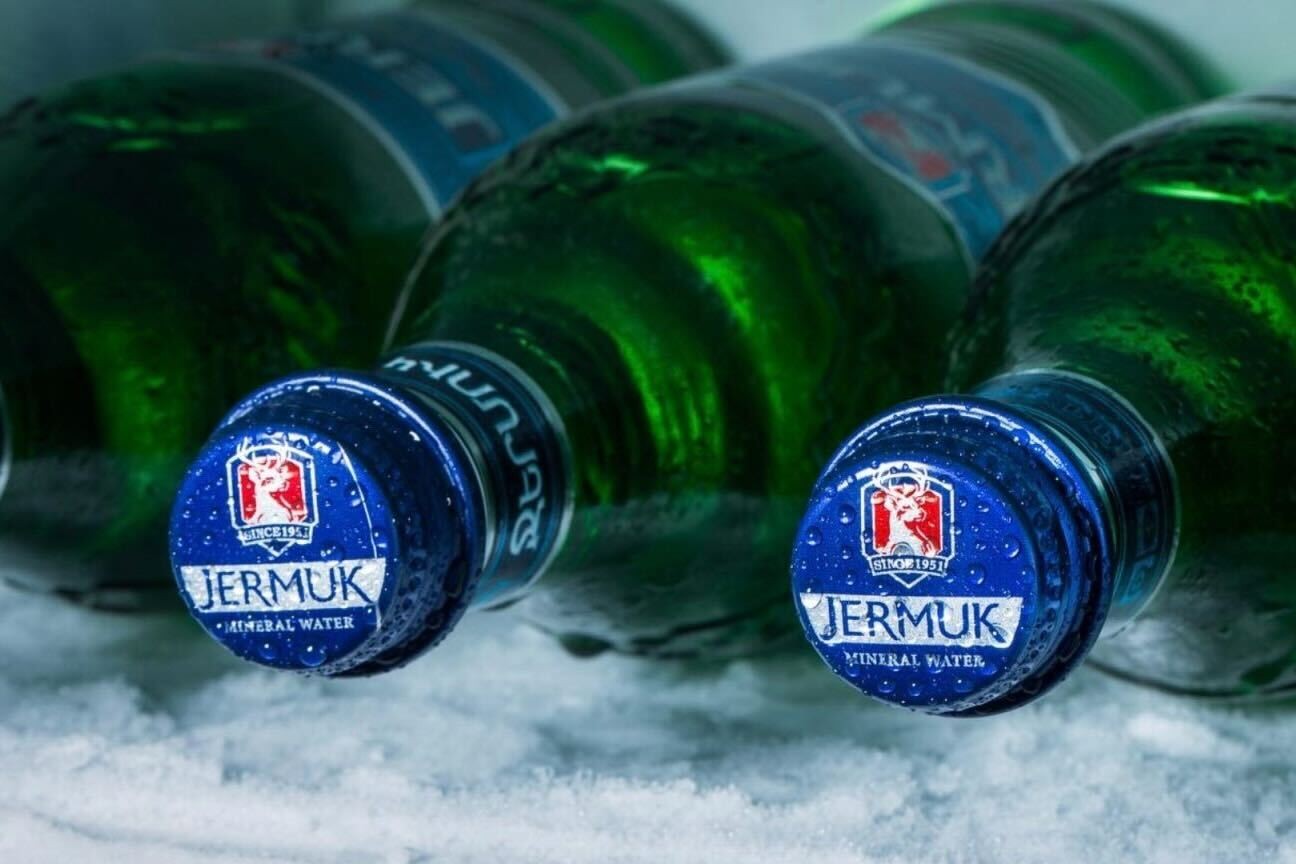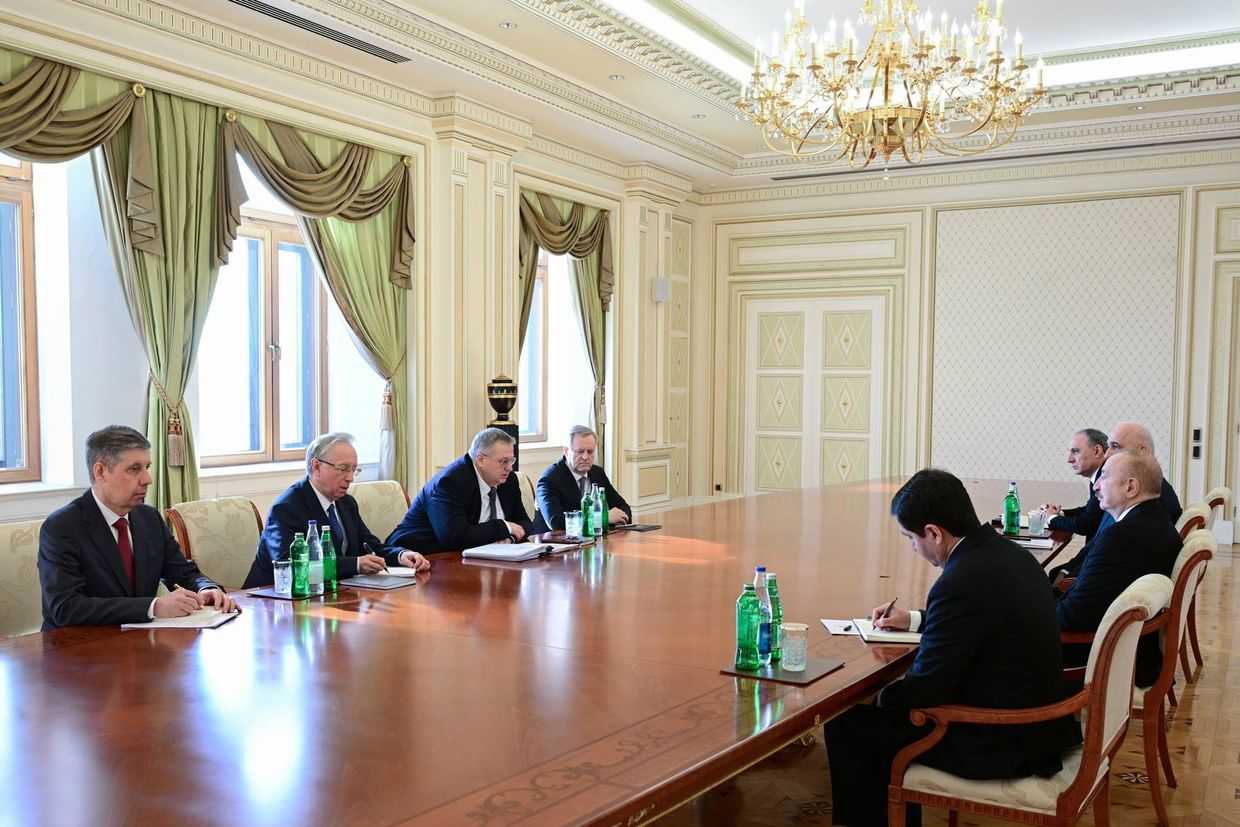North Ossetian family sues Armenia’s Jermuk waters for $15 million over wrongful death

The family of a Vladikavkaz businessperson Oleg Gusov, who reportedly died after drinking Jermuk mineral water, has filed a lawsuit for ₽1.5 billion ($15 million) against the Armenian manufacturer, as well as its representative and distributors in Russia.
The news of the lawsuit came on Sunday.
The Russian media outlet Kommersant reported on the case, writing that Gusov bought a package of Jermuk mineral water at a stall at the Farn market in Vladikavkaz on 11 February 2024. Later that day, he was hospitalised after reportedly taking a sip from one of the bottles.
He was first taken to Vladikavkaz hospital, then was transported to Moscow by air ambulance, where he was diagnosed with ‘poisoning with a corrosive liquid (acetic acid) [toxic shock syndrome]’ and died several days later on 13 February.

Kommersant reported that witnesses claimed that Gusov’s mouth smelled strongly of vinegar. At the same time, Gustov’s daughter stated that for two weeks the smell of vinegar was in the house and in the yard, where the bottle was broken after falling from her father’s hand immediately after he had taken a sip.
The investigation is incomplete and a number of inquiries have been sent to Armenia, but according to Kommersant, the Russian side ‘has not received any answers’.
Kommersant also cited the representatives of the victim, assuming that ‘acetic acid could have ended up in the bottle as a result of a violation of the technological process’.
Gusov’s representatives came to the conclusion after studying the technologies used in mineral water bottling plants, considering that acetic acid is used to wash glass containers that are returned from circulation.

Following the incident, water imported by Jermuk over the previous two months was sanctioned in Russia in February 2024.
On Monday, the Armenian Economy Ministry told Armenpress that Armenia presented to Russia the ‘relevant proof, based on inspections’, that the Jermuk mineral water ‘meets the requirements’.
Russian restrictions against Jermuk were eventually lifted at an unspecified time, and the state-run media outlet TASS reported at the end of March, 2024 that inspectors in Volgograd Oblast had checked more than 1,100 stores selling Jermuk water and found them all to be safe.
The Armenian Economy Ministry said the lifting of restrictions against Jermuk ‘proves that the evidence of the Armenian side has been sufficient’.
In its statement on Monday, Jermuk called the lawsuit ‘completely groundless’, and that there was no connection between the mineral water and the death, refuting the company’s guilt in the matter.
Jermuk also said that descriptions of the incident in Russian media outlets contained false information, which were ‘defamatory and violate the presumption of innocence’.
‘Since neither within the framework of the initiated criminal proceedings nor among the numerous inspections carried out (including those carried out by the competent state bodies of the Russian Federation), it was not substantiated that the death of Oleg Gusov […] occurred as a result of drinking “Jermuk” mineral water or the contents of a bottle of factory-made bottled “Jermuk” mineral water’ the company’s statement read.
Jermuk also said it was not involved in the proceedings launched in Russia in connection with the death of Gusov and that ‘numerous inspections’ conducted by Russian authorities ‘proved that “Jermuk” mineral water meets the requirements set by international standards and is intended for use in food’.
Last year, shortly after the death report, Jermuk stated that its mineral water does not ‘burn the esophagus’ and its products do not contain vinegar.
‘Moreover, with a production capacity of 25,000 bottles per hour, “vinegar” was found in only one bottle, which completely contradicts the principles and organisation of the automated production process’, the company said.
The news of the lawsuit against the Armenian company came as Russia–Armenia relations have entered a new round of crises.
Russia has previously been accused of using food healthy standards as a way to exert economic pressure on countries.
During 2024, as relations between Russia and Armenia continue to plummet, there were several instances when Russia claimed that different Armenian products, including Armenian brandy, failed to meet Russian standards.











